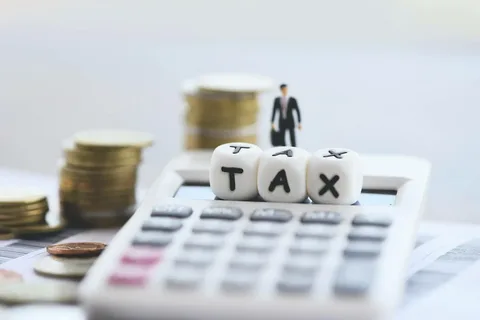
Is cryptocurrency legal in Italy?
Yes, cryptocurrency is legal in Italy. While it is not considered as legal tender, it is recognized as a type of currency and a financial asset by the Italian authorities.
Do you pay cryptocurrency taxes in Italy?
Yes, you do pay taxes on cryptocurrency in Italy. However, the taxation depends on how you engage with cryptocurrencies. If you’re a casual investor and your sales do not exceed €51,645 in a tax year, you’re exempt from capital gains tax. But if you trade cryptocurrencies as a profession or mine them, you are required to pay taxes on your profits.
What are the crypto tax rates in Italy?
For professional traders and miners, cryptocurrency gains are considered income, and they’re taxed according to Italy’s progressive income tax rates, which range from 23% to 43%. Casual investors who exceed the sales threshold in a tax year are subject to a 26% capital gains tax on their profits.
How is crypto taxed in Italy?
Cryptocurrency is taxed differently based on whether you trade it as a profession, mine it, or hold it as a casual investor. Professional traders and miners pay income tax, while casual investors pay capital gains tax if they exceed the annual sales threshold. All holders of cryptocurrency are required to report their holdings in their tax return.
Crypto tax filing forms in Italy
Cryptocurrency holdings are reported under the RW section of the Italian tax return, known as the ‘Modello Unico’. This includes details of your cryptocurrency holdings and transactions. It’s advisable to consult with a tax professional to ensure accurate reporting.
Italian income tax brackets
The Italian income tax rates are progressive, as follows:
Up to €15,000 – 23%
Over €15,000 and up to €28,000 – 27%
Over €28,000 and up to €55,000 – 38%
Over €55,000 and up to €75,000 – 41%
Over €75,000 – 43%
Tips for tax free crypto in Italy
One way to avoid paying taxes on cryptocurrency in Italy is by being a casual investor and ensuring your total sales in a year do not exceed €51,645. However, it’s essential to keep accurate records of all your transactions and seek professional tax advice to ensure you’re in full compliance with the law.
Crypto taxes for businesses
For businesses that accept cryptocurrency as payment, the value of the cryptocurrency is considered income at the time of the transaction and must be reported accordingly. Businesses that trade or mine cryptocurrencies are subject to the same tax laws as individual traders or miners.
When will you pay tax on crypto in Italy?
In Italy, taxes are paid annually, with the tax year running from January 1st to December 31st. The deadline for filing taxes is typically the end of September of the following year. So, for instance, for the tax year 2023, the tax filing deadline would be the end of September 2024.
Cryptocurrency Taxation: A Future Perspective
Cryptocurrency taxation in Italy, like in most jurisdictions around the world, is a field in constant evolution. As the sector matures and its impact on the economy becomes more apparent, it’s likely that the tax regulations surrounding it will also evolve. For a more comprehensive understanding of these dynamics, consider looking into this article about cryptocurrencies taxes in Italy. This resource can offer valuable insights into the expected developments in this area.
Conclusion: is it worthy to keep cryptos while being in Italy?
While the world of cryptocurrencies offers exciting opportunities for financial growth and diversification, it’s crucial to understand the accompanying tax implications. Italy’s approach to cryptocurrency taxation can be considered relatively progressive, with clear distinctions made between casual and professional engagement in cryptocurrency activities.
However, as with any financial endeavor, it is essential to maintain comprehensive and accurate records of all your transactions. This will ensure that when tax season comes around, you will have all the necessary information to accurately report your capital gains or income.
If you’re unsure about your obligations, consider seeking advice from a tax professional who is familiar with cryptocurrencies. They can guide you through the process and help you understand your liabilities better.
By understanding the ins and outs of Italy’s cryptocurrency tax laws, you can navigate this emerging financial landscape more effectively and make the most of the opportunities it presents.

Leave a Reply